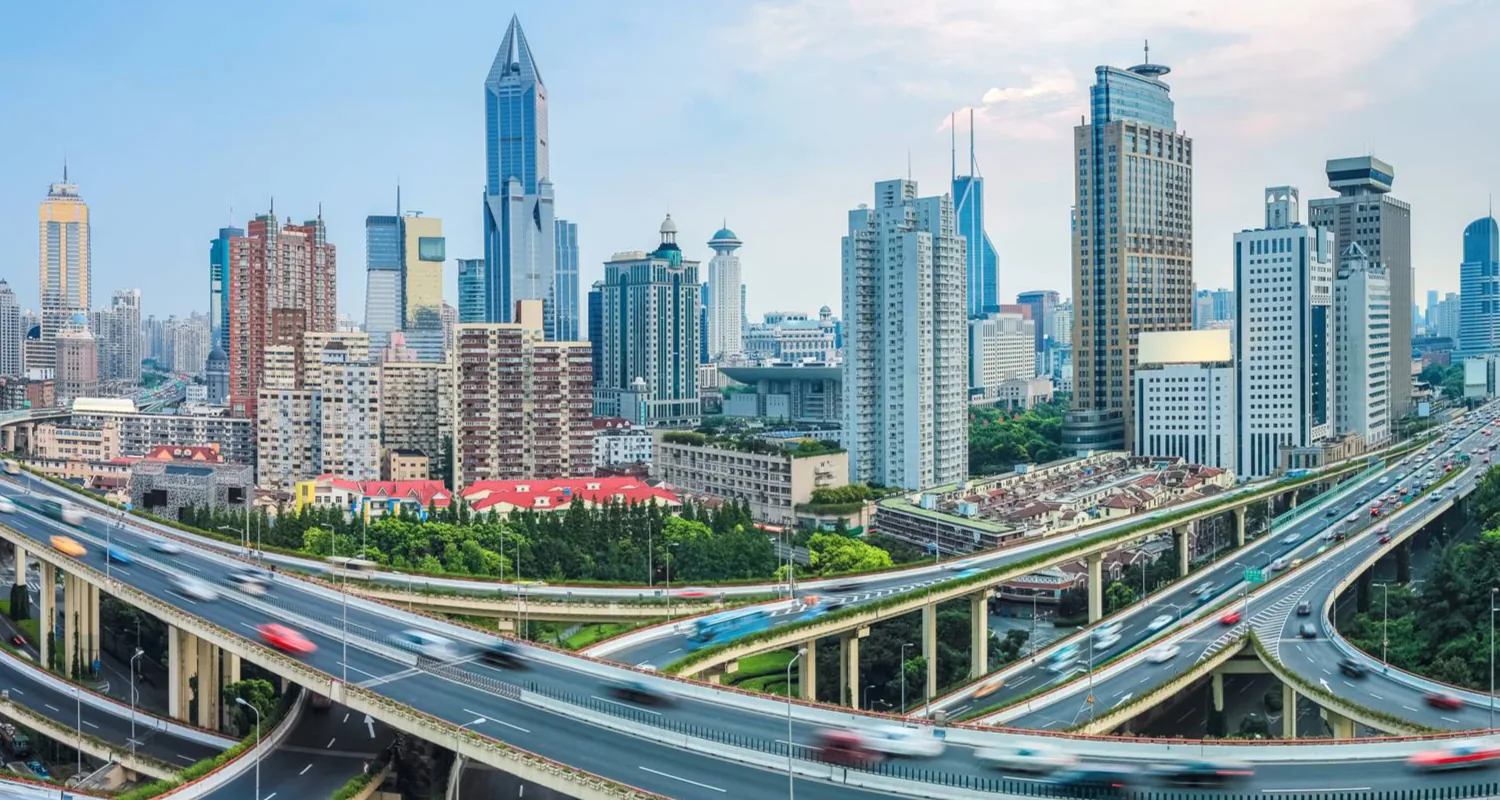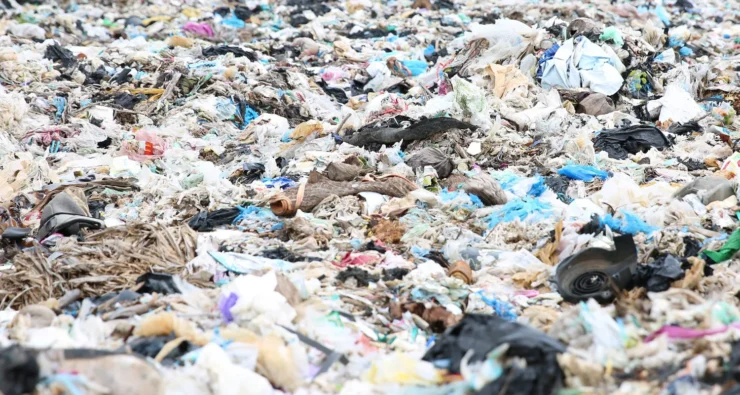Technology, including sensors, AI, and smart city initiatives, will play a critical role in improving the efficiency and effectiveness of municipal services.
GOVERNMENT
Brussels cuts truck emissions in 2030, Czechs protest
A week ago, 27 European Union leaders at a two-day summit agreed to cut emissions by 55 percent by 2030 compared to …
Why won’t government abolish water and utility bills?
The government may have other priorities in using fusion energy, and there may be other ways to solve the problem of access to fresh water.
Our future is in the power of the elders
A principle of governance in which all power (officially or in fact) is in the hands of elders.
UN Climate change summit 2021 full-detail report
The world has reached an agreement. The complete list of action points from COP26 conference in Glasgow.
Smart public service elements by government’s CIOs approach
Intelligent process automation, advanced analytics, and other developing technologies are changing the way governments and agencies…
How e-government system can change the politics
E-government is among the ways in which governments enhance the quality of communication between state and society…
China’s refining business to take the lead in high quality
Ling Yiqun pointed out that the oil refining business is Sinopec’s advantageous industry and a vital part of its production and operation.
Future-proofing Europe through tech leadership
More investors with scale-up experience and skills to support entrepreneurs as they are growing their businesses globally.
Chinese Smart Cities US government report
China has become a global leader in smart cities initiatives, combining embedded sensors, metering devices, cameras, and other monitoring…
SDG#17 – Strengthen the global sustainable development
Strengthen the means of implementation and revitalize the global partnership for sustainable development – United Nations goals…
SDG#16 – Promote peaceful and inclusive societies
Promote peaceful and inclusive societies for sustainable development, provide access to justice for all, and build effective, accountable,…
Protect, restore, and promote sustainable use of terrestrial ecosystems, sustainably manage forests, combat desertification, and…
SDG#14 – Conserve and sustainably use the oceans
Conserve and sustainably use the oceans, seas, and marine resources for sustainable development – the 14th SDG goal.
Take urgent action to combat climate change and its impacts – the 13th SDG goal presented by the United Nations organization’s SDG strategy.
Ensure sustainable consumption and production patterns – the twelve SDG goal presented by the United Nations organization’s SDG strategy.
SDG#11 – Make cities and human settlements sustainable
Make cities & human settlements inclusive, safe, resilient, and sustainable – the 11th SDG goal presented by the United Nations organization.
SDG#10 – Reduce inequality within and among countries
Reduce inequality within and among countries – the 10th SDG goal by the United Nations organization under SDG strategy.
Build resilient infrastructure, promote inclusive and sustainable industrialization, and foster innovation – the 9th Development Goal
Promote sustained, inclusive, and sustainable economic growth, full and productive employment, and decent work for all, UNO’s eight-goal.
All items and devices sending data from households can be infinite and so this calls for the design of smart living solutions.
Ensure access to affordable, reliable, sustainable, and modern energy for all is the seventh goal in the set of goals presented by the UNO.
Ensure the availability and sustainable management of water and sanitation for all is the sixth goal of UNO under an SDG strategy.
Achieve gender equality and empower all women and girls is the fifth goal in the set of goals presented by the UNO under an SDG strategy.
Ensure inclusive and equitable quality education and promote lifelong learning opportunities for all is the fifth goal of SDG strategy.
Ensure healthy lives and promote well-being – the third goal in the set of goals presented by the UNO strategy Sustainable Development Goals.
End of Hunger is the second goal in the set of goals presented by the UNO under a strategy called Sustainable Development Goals.
SDG#1 – End poverty in all its forms everywhere
End of Poverty – the first goal presented by the United Nations organization under a strategy called Sustainable Development Goals.
Sustainable Development Goals
The Sustainable Development Goals (SDGs), also known as the Global Goals, were adopted as a universal call to action to protect the planet.
The 3D printing zone aims to attract entrepreneurs and investors to Dubai and provide opportunities for researchers to develop innovations using this technology.
Five Smart Cities leaders shared their top tips
A distinguished panel of chief innovation, information, and data officers to share their top tips.
Browse all types of governments and their short description about the logic, purpose, behavior, and application to the usual system.
The Board of Directors of Shimla Smart City Mission Limited has recently approved 28 projects worth Rs 350 crore for the city.
After the first Smart Cities Mission for 100 cities, the government will expand the Smart Cities Mission to all 4000 cities in the country.
Georgia Banned the Import of Plastic Bags
The Georgian government had a plan to ban disposable plastic bags. So, from October 1, new regulations have come into force in Georgia, aimed at reducing environmental pollution, according to the Novosti-Georgia portal. From now on, the country prohibits the production, import, and sale of plastic bags with a thickness of fewer than 15 microns. […]
Dubai turns into a world capital blockbuster
City of the Future is rightfully considered one and from the most technologically advanced and smart cities in the world.



































